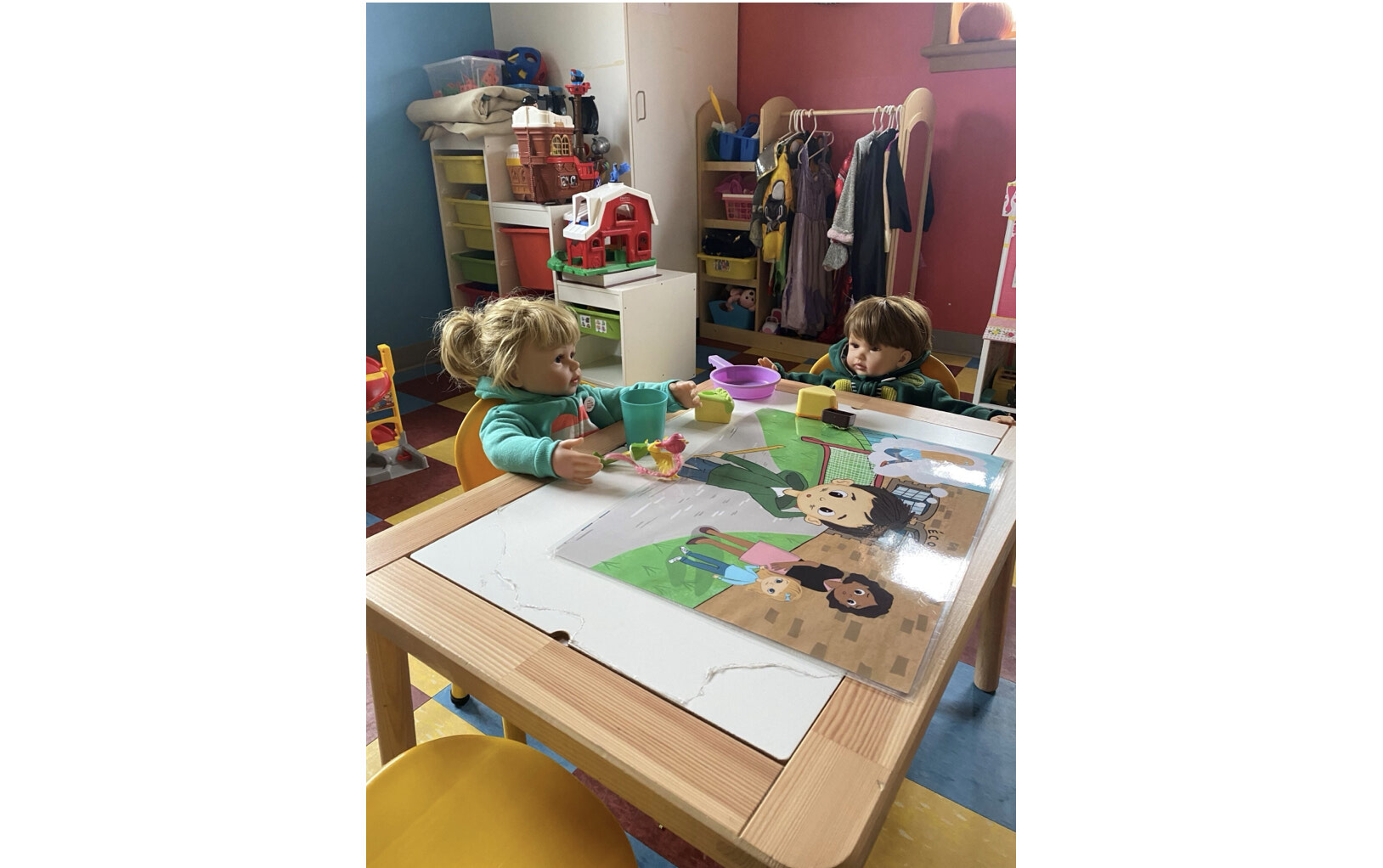
Quebec’s proposed Unified Family Court reform, Bill 91, is drawing strong criticism from women’s shelters who warn it could endanger survivors of domestic violence by excluding key family types, imposing unsafe mediation requirements, and lacking critical support services. Photo: Courtesy of L’Autre Chez-Soi
Quebec’s Family Court reform raises alarm among women’s shelters
Tashi Farmilo
As Quebec prepares to adopt Bill 91, which would create a Unified Family Court (Tribunal unifié de la famille, or TUF), women’s advocacy organisations are warning that the reform may do more harm than good for survivors of domestic violence.
The Fédération des maisons d’hébergement pour femmes (FMHF), a provincial federation representing women’s shelters, has voiced serious concerns about the bill’s scope and its implications for the civil legal protections of women and children facing violence. In a formal brief submitted to the Commission des institutions, the FMHF warns that the proposed reform contains significant blind spots and risks making an already complex legal system more dangerous for those it aims to protect.
One of the key criticisms is the narrow application of the bill. Bill 91 only applies to civil and parental unions, explicitly excluding married couples and common-law partners with children born before June 30, 2025. This exclusion, the FMHF argues, leaves out the majority of families in Quebec and fails to reflect the diversity and complexity of modern family structures.
Particularly contentious is the requirement for mediation in custody and family law matters, even in cases involving domestic violence. Although the bill allows for exemptions, it requires victims to submit a sworn statement to qualify—an added burden that, according to the FMHF, may deter some women from seeking help and could further endanger others by reinforcing the power dynamics of abuse.
L’Autre Chez-Soi, a longstanding shelter in Aylmer serving women and children affected by domestic violence, supports the FMHF’s position. The organisation emphasised the need for survivor-centred, trauma-informed approaches. In addition to emergency housing, the shelter offers 24/7 crisis intervention, one-on-one and group support, child-specific services, legal and housing accompaniment, and a broad range of educational and outreach programmes in local schools and workplaces.
Staff at L’Autre Chez-Soi referred questions about Bill 91’s impact to the FMHF’s official submission, noting that the federation’s analysis accurately reflects their concerns. These include the lack of specialised intake services in the proposed court system, the absence of mandatory training for judges and mediators, and insufficient investment in legal aid and personalised support services.
Unlike family court models adopted in other provinces, Quebec’s TUF would fall under the jurisdiction of the Quebec Court rather than the Superior Court. This distinction has prompted concerns about whether judges will be adequately equipped to handle complex cases involving coercive control and chronic abuse without targeted training and institutional support.
In response, the FMHF has made several recommendations: postponing the law’s implementation to allow for proper professional training, removing the requirement for sworn declarations from survivors, formally defining terms like domestic violence and coercive control in the legislation, and ensuring specialised support services are built into the court system.





